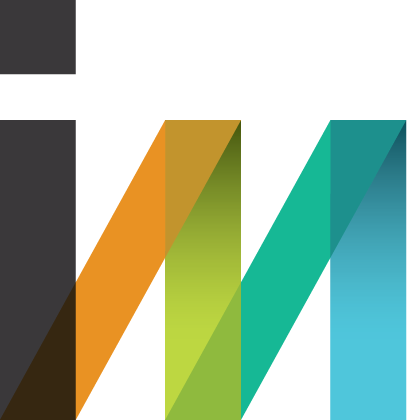Hack Days are an increasingly standard part of how technology companies give their employees freedom to solve problems and produce innovations that there just isn't time for in day to day work.
For our first Hack Day we set out with 3 main aims:
- Produce some useful products that we just haven't had a chance to get round to working on.
- Get people involved in work that sits outside their day-to-day team.
- Further our culture of technical creativity and experimentation.

Products
Long before Hack Day we reached out across the whole company for suggestions of things that could be worked on. We were particularly interested in ideas that would make people's jobs better - fixing annoyances that aren't creating obvious expense, but removing them would make people enjoy their job more.
The recurring theme that we saw on requests was that people wanted to be more empowered. There were a number of processes that involved tickets to our tech and data teams, or convoluted steps to complete. The goal of hack day would be to allow team members in client services and optimisation to do more work on their own.
People
A really key goal of Hack Days at Infectious Media was to get people contributing to work that is outside their normal role. Each team had a leader with good knowledge of the project domain, but beyond that everyone was free to work on whichever projects they found interesting. We naturally ended up with each team having members from at least 3 departments, and most importantly no dominant teams with preconceived ideas on how to solve the tasks.
Even if we hadn't managed to produce any products we still could have called Hack Day a success just from this collaboration. New cross team alliances have been created that it seems will have a lasting effect on how we collaborate on everyday issues.
Culture
Infectious Media has a strong culture of innovation and experimentation. In previous years every day has been a kind of hack day, but as we've been growing as a business with more specialisation within technology, running a Hack Day presented a great opportunity to develop on the startup spirit that has defined us. More valuable than the awesome products being developed is getting our newest team members to feel empowered to solve problems and to get that same excitement when a product you've been developing on a hunch it could help becomes an invaluable tool across the company.
What we achieved
Because we run on very flexible infrastructure, with some great templates for integrating with single sign on we were able to launch working and secure prototypes to be tested by the people that originally suggested the products.
- Connecting a Google Sheet, using Google Apps Script, to our data warehouse, using a Python Flask API to validate the inputs and provide feedback on the success of data submission. This allows an automation to take control of any manual tasks, freeing time for our teams to work more efficiently.
- Allowing team members to make safe edits using the Data Actions API in
Looker, the data democratisation tool we use. This helps eliminate any potential errors with having multiple steps for various teams having to negotiate. - Create, and release to production, a debug tool to allow easier querying of bid requests - a big one for our trading team to save them a lot of time in troubleshooting publisher deals.
Even by the end of this first Infectious Media Hack Day, suggestions were starting to be laid down for things that would be great to work on next time around. The plan is to involve more teams and try projects beyond engineering projects, hacking on data mining, or even campaign strategy approaches.

Our CTO, Dan de Sybel, was incredibly happy with the results from our first Hack Day!
Daniel Bowman, Director of Technology at Infectious Media


